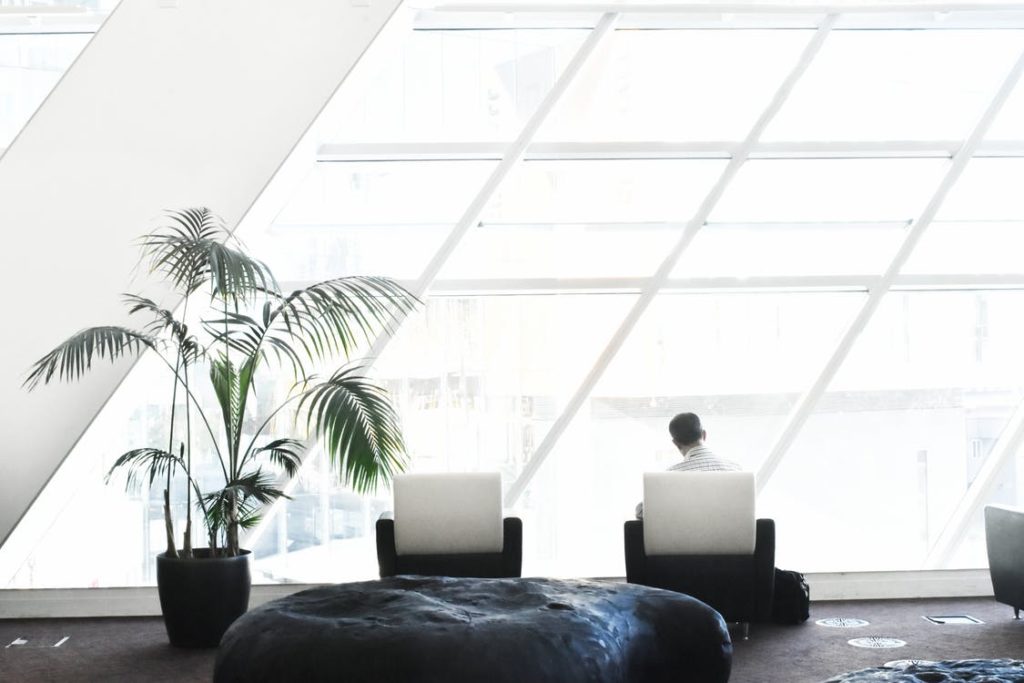Minimalism isn’t just about living in an empty space and wearing black and white clothes every day. It’s a state of mind that goes much deeper than what it looks like on the surface. Perhaps it could even have an entirely different look for those who actually live by the principle.
In reality minimalism is about living a simple life.
It’s knowing exactly what you need, sticking to those needs, and then letting go of the rest that bring nothing but noise and distraction to your life. Think shoes. When your favorite brand releases its newest pair of kicks, must you really buy those when you have enough at home? Think sale. Are those items in your cart something you really need for the next day’s fight for survival? And have you thought of the time it’ll take to maintain all of them?
See, minimalism is the ability to resist what this world of consumerism makes you think you need to buy or do but you really don’t. So in essence minimalism is more about knowing your core and not letting anyone meddle with it.
In his blog Becoming Minimalist, Joshua Becker says “While most people are chasing after success, glamour, and fame, minimalism calls out to us with a smaller, quieter, calmer voice. It invites us to slow down, consume less, but enjoy more.”
In the same post Becker says “a simple life is united and consistent. It has learned a lifestyle that is completely transferable no matter the situation. It is the same life on Friday evening as it is on Sunday morning… as it is on Monday morning. It is reliable, dependable and unfluctuating. It works in all circumstances. It is honest and transparent.”
But stable never equates boring. Life only gets boring when you don’t know what it is precisely that you want, and that’s quite the exact opposite of what a minimalist is. A true minimalist knows the things they want and need and they keep it close with nothing in excess.
Now let’s talk about simple ways how one can start living their own minimalist lifestyle:
1. Evaluate your activities.

Start with how you spend your time each day. Determine which activities take up most of your time and examine if they’re worth it—whether they add value to your life or not. Once you successfully identify the activities that serve a meaningful purpose in your life, you can gradually start disengaging in the activities that are, for lack of a better word, a waste of time, and this in return will give you more time to spend on things that are fulfilling.
2. Declutter your surroundings.
Let’s say you now have more free time in your hands, what to do next? Evaluate your possessions. This time identify the things that you need and that must stay, and then the things that need to go. While one might think clutter can’t be that harmful, Psychologist Sherrie Bourg Carter via Psychology Today says clutter is “causing our senses to work overtime on stimuli that aren’t necessary or important”. She adds “It constantly signals to our brains that our work is never done.” It drains our energy and keeps our attention away from things that are more important. Needless to say, one can live a simple and stress-free life when they stick only to the essentials.
3. Meditate.
Your physical environment isn’t the only space you need to declutter. You also need to evaluate your emotional and mental state. Look inward and examine your thoughts and feelings. This one is easier said than done, but to live a simple life one must learn to let go of negative emotions because, whether we’d like to admit it or not, they don’t do us any good. Meditation is a helpful way to master the art of living in the moment. When you’re present in the moment, you learn to appreciate the mundane and to find joy in the simple things. In the long run this state of mind is beneficial because it helps one be free from any excess baggage that exhausts the human mind and spirit.
4. Moderate.
Don’t get the wrong idea. Minimalism isn’t about living in isolation, no. You’re always free to connect to the things and to the people you’ve always been connected to. But once you start living the minimalist life, you learn to do everything in moderation. You engage in things with awareness and discipline. For example, you can use your phone for news and entertainment, but never to the point of losing sleep over binge-watching.
5. Take it slow.
And as we always say in almost all of our other how-to articles, when you decide to take this journey, remember to take it slow. Take your time to study the principle, get to know it deeply and see if it aligns with your beliefs and aspirations in life. And when you do get started with it, do so at a gradual pace so you can take it all in until it entirely becomes your way of life.
Now while the list may sound a bit demanding, if you’ll notice minimalism in truth only requires one skill and that’s the ability to cut through all the noise no matter what situation you’re in, and then getting right into the heart of any matter. This virtue is what makes minimalism a consistent and reliable way of life.
At the end of the day, minimalism offers freedom from the frenzy of the modern world—a frenzy which, by the way, none of us are actually obliged to live in.

